.
The primary mission of the Global Network Advancement Group (GNA-G) is to support global research and education using the technology, infrastructures and investments of its participants.
Research and Education within the academic community encompasses a wide range of disciplines and activities, from intellectual thought experiments to highly data driven projects. While all of these global activities use networks, these needs are the focus of the GNA-G.
In order for these data intensive collaborations to flourish, on a global scale, they require an effective means of moving, accessing and sharing, ever increasing amounts of data.
The GNA-G exists to bring together researchers, National Research and Education Networks (NRENs), Global eXchange Point (GXP) operators, regionals and other R&E providers, in developing a common global infrastructure for support of these needs.
This worldwide collaboration is built on Dependency, Democracy and Diversity. The global NREN community all depend upon one another, they all need to share in the decision processes related to network structure and use, and they all need to recognize the diverse nature of these organizations and not try to fit one model to everyone, while we ensure to always maximize results instead of looking for lowest common denominators.
To achieve these goals, the GNA-G:
The GNA-G is led by the GNA-G Leadership Team (LT), currently consisting of nine persons from the GNA-G Community. Their terms are as follows:
2-year term: David Wilde (AARNet) until end 2027
4-year term: Osamu Akashi (NII), Dale W. Carder (ESnet), Ivana Golub (PSNC), Renier van Heerden (SANReN), Brenna Meade (Indiana University), Marcos Schwarz (RNP), and Chris Wilkinson (Internet2) until end 2029, Alex Moura (KAUST) until end 2026
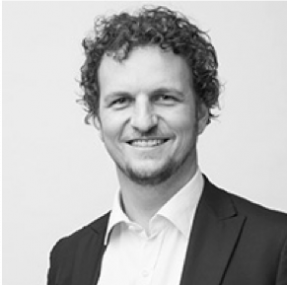
AARNet (Australia)
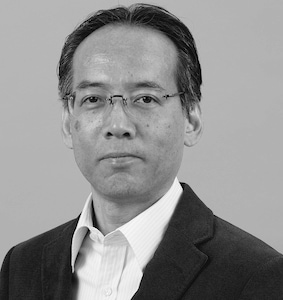
NII (Japan)
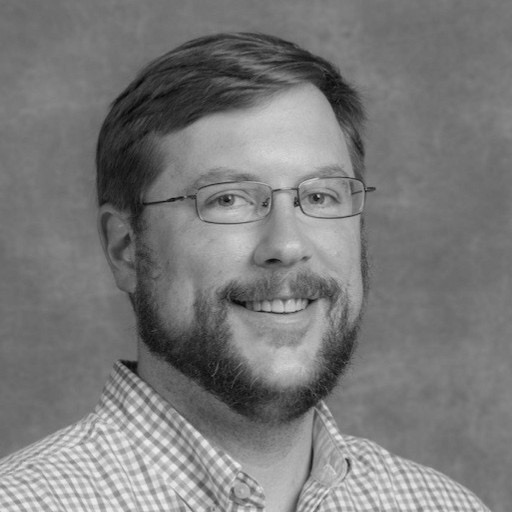
ESnet (USA)
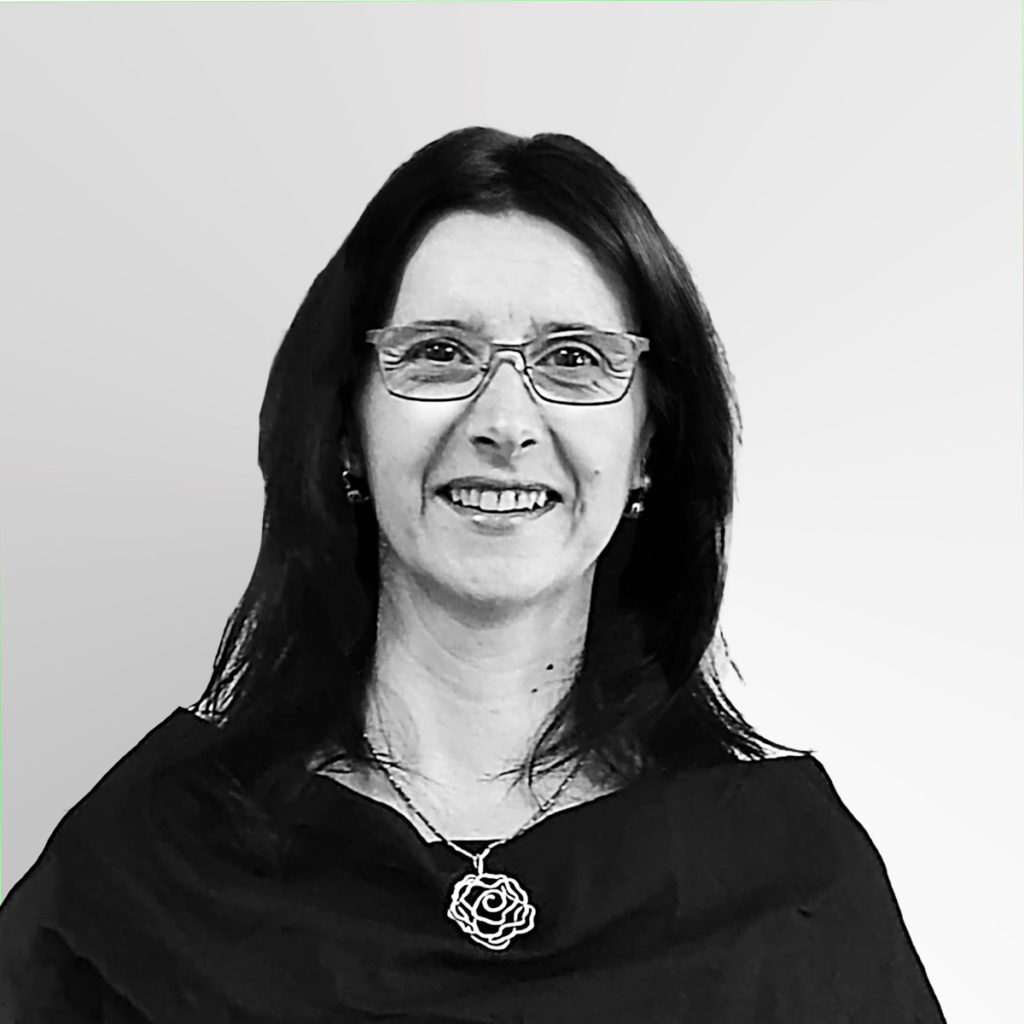
PSNC (Croatia/Poland)
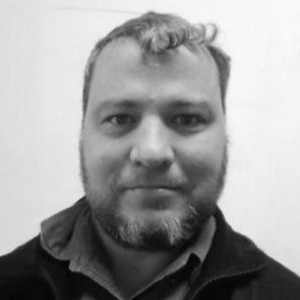
SANReN (South Africa)
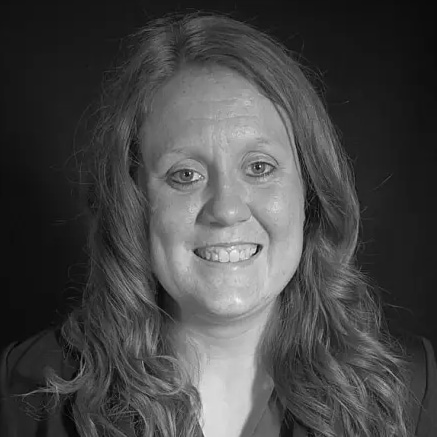
Indiana University (USA)
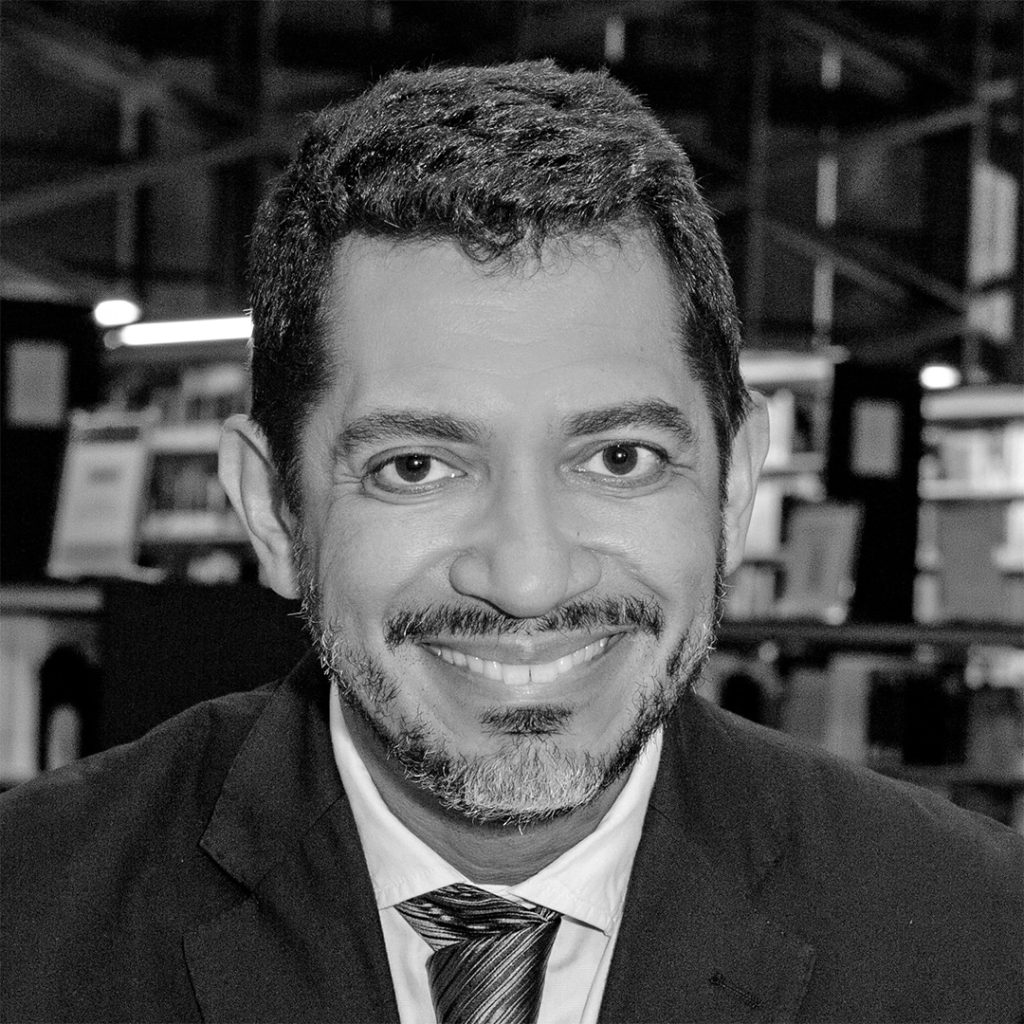
KAUST (Saudi Arabia)
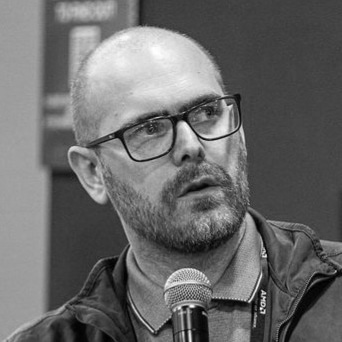
RNP (Brazil)

Internet2 (USA)
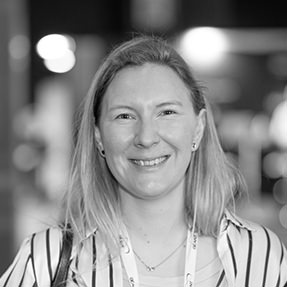
GÉANT (Cambridge)
In October of every odd calendar year, a Nominating Committee, consisting of volunteers from the GNA-G Community, will be formed. The task of the NomCom is to nominate Candidates to serve on the Leadership Team. Any member of the GNA-G Community may nominate any member of the GNA-G Community for any open position and a self-nomination is permitted. When nominating, two items are considered important:
A nomination is only complete when it is supported by at least one other member from the community, from a different organization, participating in the GNA-G, than the nominee.
The first-ever GNA-G NomCom was active in Q4 2021. In early 2022, an evaluation will be done on how the process ran, so we can learn from the first experience. A new GNA-G NomCom will be created towards the end of Q3 2023.